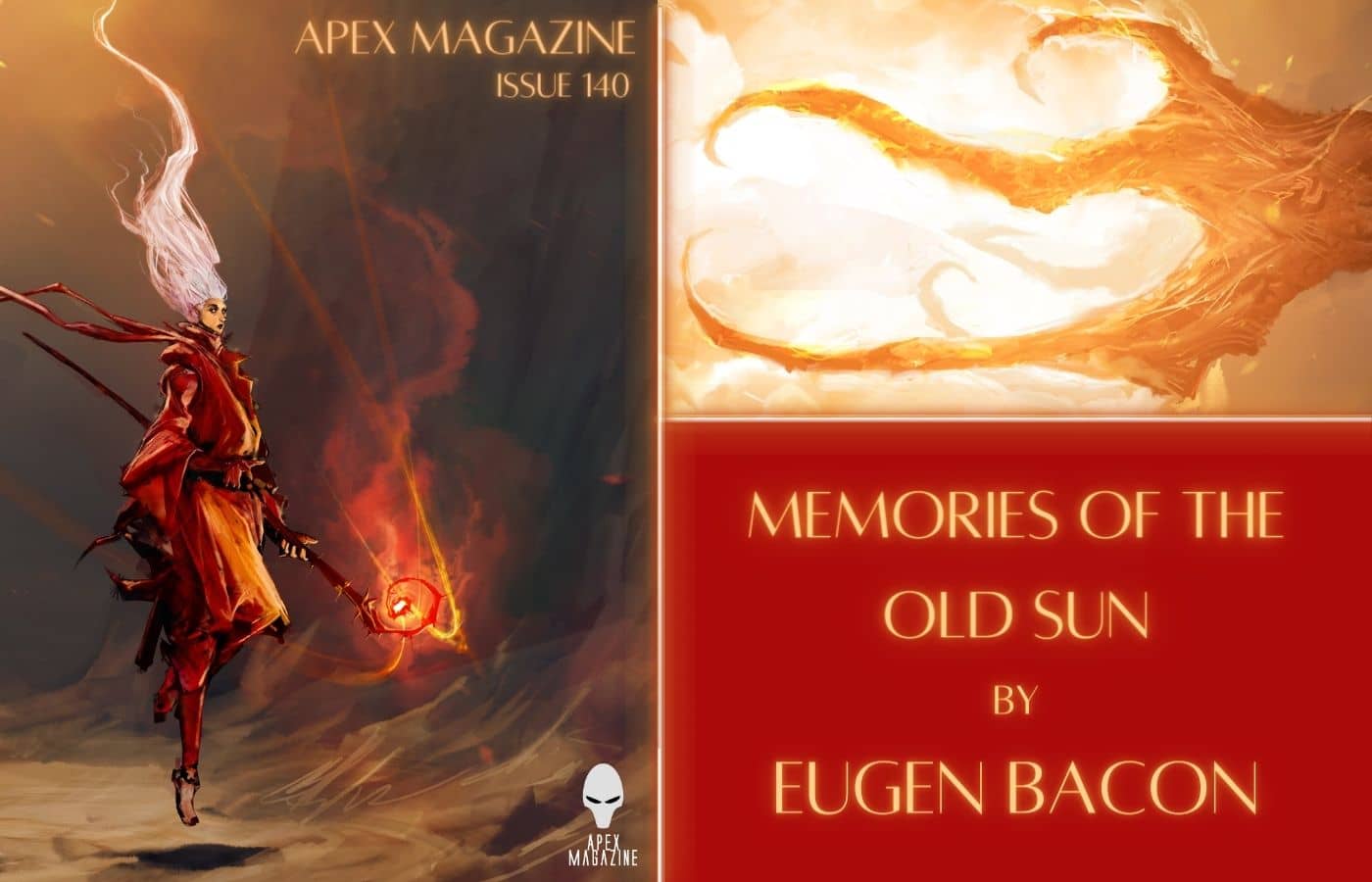
Unfortunately, this story is no longer available for free via our website. You can still find it in the ebook edition of issue 140 available here.

Unfortunately, this story is no longer available for free via our website. You can still find it in the ebook edition of issue 140 available here.